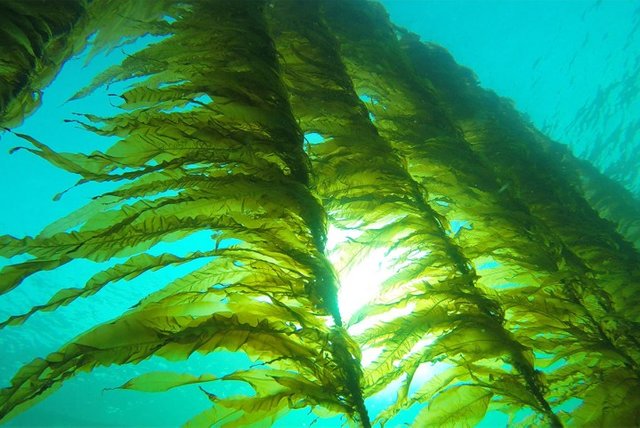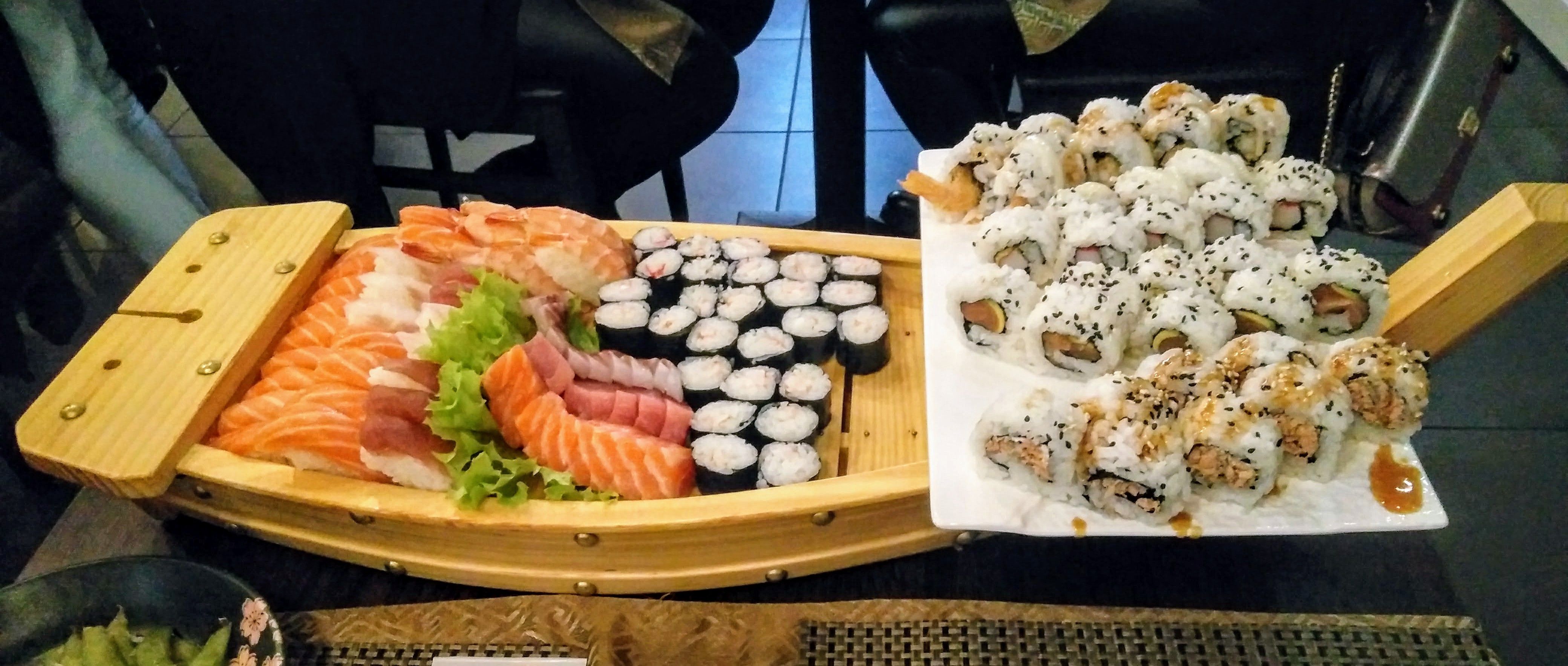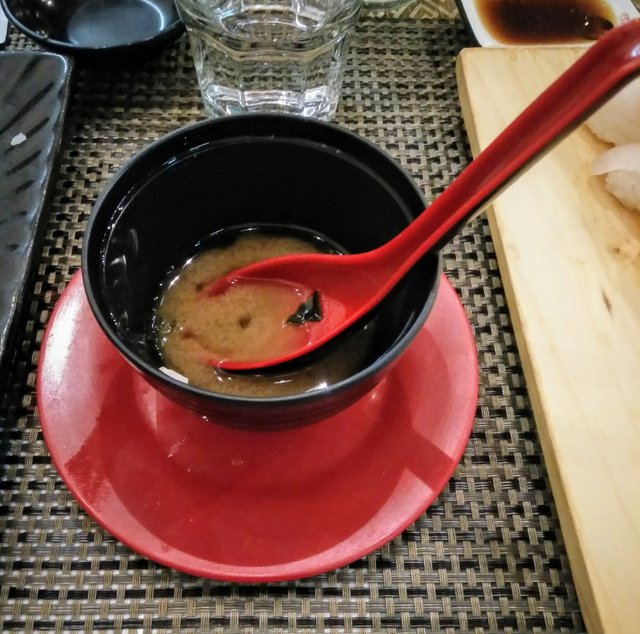Meet the ingredient #5: Seaweed
Seaweeds are both an important source of oxygen for aour planed and a food with many properties. So, let's see them in further details.

Image source
Introduction
Seaweed natural habitat is represented by water: rivers, lakes and seas. Since they are plant organisms and subject to photosynthesis, they need sufficient exposure to light to survive.
It may seem strange, but the seaweeds are the living organisms that produce most of the entire planet oxygen.
There are many seaweed specied and their classification is done through their predominant color. They can be red, yellow, green, brown and, in some cases, also light blue.
Properties
Seaweed is a very important food for our health. It is very difficult to find other foods able to free us from the impurities and toxins that our body accumulates over time as much as seaweeds. Their main properties are:
- Detoxifying: seaweeds have detoxifying properties. In fact, they help liver and kidneys, favour digestion and toxines elimination through sweat, faeces and urine.
- Anti inflammatory: seaweeds contain fatty acids, so they also have an anti-inflammatory function. Thanks to iodine which stimulates the thyroid activity, they speed up the metabolism and can also be considered a slimming food.
- Immune system: antioxidants, on the other hand, allow dangerous free radicals elimination. In addition, they help the body to activate the immune defenses, strengthen the bones, hair and nails.
- Antioxidants: there are ongoing studies on the seaweeds behavior against certain types of cancer, thanks to the presence of powerful antioxidants.
Calories and nutritional values
The different substances quantities that make up seaweeds varies according to the species they belong to. In general these plants have a high amount of iodine, calcium, magnesium and potassium. In addition, they have a high content of dietary fibers with satiating and slightly laxative properties.
Here is the content of most seaweeds.
Minearals: magnesium, iron, potassium, calcium, phosphorus, sodium, iodine, zinc, copper, manganese and selenium.
Vitamins: the presence of vitamin A and beta-carotene which is 20 times higher than in carrots. Vitamin B, together with C, D and E are also present.
Amino acids: aspartic acid and glutamic acid, alanine, arginine, cystine, glycine, phenylalanine, histidine, isoleucine, leucine, lysine, proline, methionine, serine, tyrosine, tryptophan, valine and threonine.
Contraindications
Marine seaweeds are generally dangerous for iodine-sensitive individuals and for those suffering from hyperthyroidism. These are people whose basal metabolism, already quite fast compared to the average, is further accelerated by iodine.
Seaweeds are also not fit for those who have to follow very strict hypodorous food regimes.
Usages
Many types of seaweed are used today in the kitchen, for example:
- Dulse
- Hijiki
- Nori
- Arame
- Kombu
- Wakame
- Klamath
- Agar Agar
They are used for different purposes, for example:
- The Nori seaweed is very popular and is used for Sushi preparation

- The Kombu seaweed can be used to make soup or stock tastier

- The Wakame seaweed can be used to make salads
Did you enjoyed the post? Please upvote, comment and follow!
Also advices on how to use different kind of seaweeds for other recipes are welcome!
NOTE: the first seaweed photography is not mine, I published the link to the image source.
Interesting post and beautiful photos!
@OriginalWorks
The @OriginalWorks bot has determined this post by @foodart to be original material and upvoted it!
To call @OriginalWorks, simply reply to any post with @originalworks or !originalworks in your message!
Great breakdown. I've been wanting to eat seaweed at home but I can't find a place to buy different types. Any advice?
It really depends on where you live. For example, here in Italy I can find dehydrated nori, kombu and wakame seaweeds among ethnical products in supermarkets or in specific organic shops. While it's really difficult to find other edible seaweed species.
This post received a free Upvote. Get your free Upvote NOW! Just follow @upvoteforfree
This post has received a 1.16 % upvote from @boomerang thanks to: @foodart
This post has received a 4.00 % upvote, thanks to: @foodart.
Your Post Has Been Featured on @Resteemable!
Feature any Steemit post using resteemit.com!
How It Works:
1. Take Any Steemit URL
2. Erase
https://3. Type
reGet Featured Instantly – Featured Posts are voted every 2.4hrs
Join the Curation Team Here
Sneaky Ninja Attack! You have been defended with a 0.78% vote... I was summoned by @foodart! I have done their bidding and now I will vanish...Whoosh
This post has received a 2.44 % upvote from @kittybot thanks to: @foodart.
@steem-untalented
Your Post Has Been Featured on @Resteemable!
Feature any Steemit post using resteemit.com!
How It Works:
1. Take Any Steemit URL
2. Erase
https://3. Type
reGet Featured Instantly – Featured Posts are voted every 2.4hrs
Join the Curation Team Here